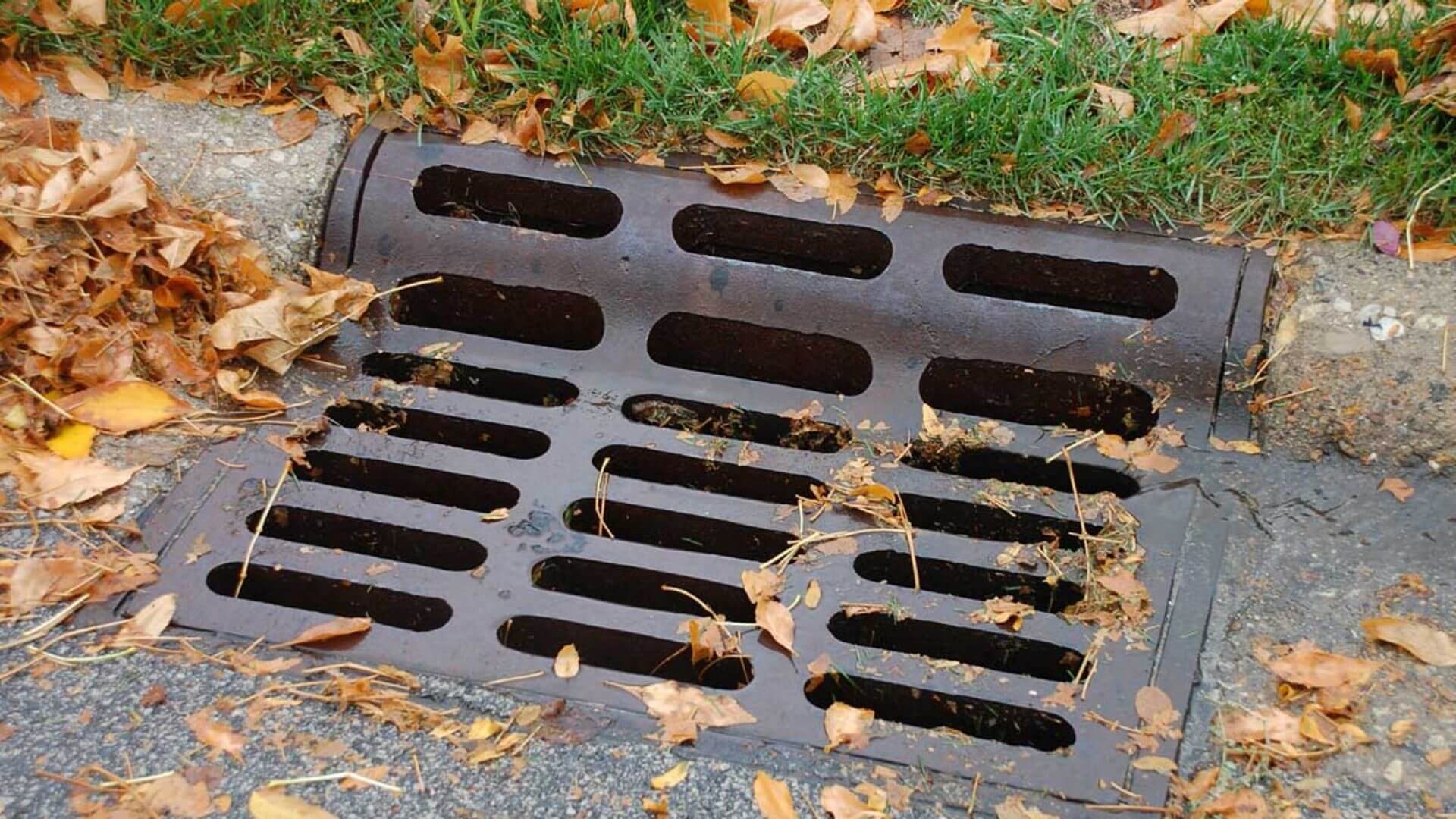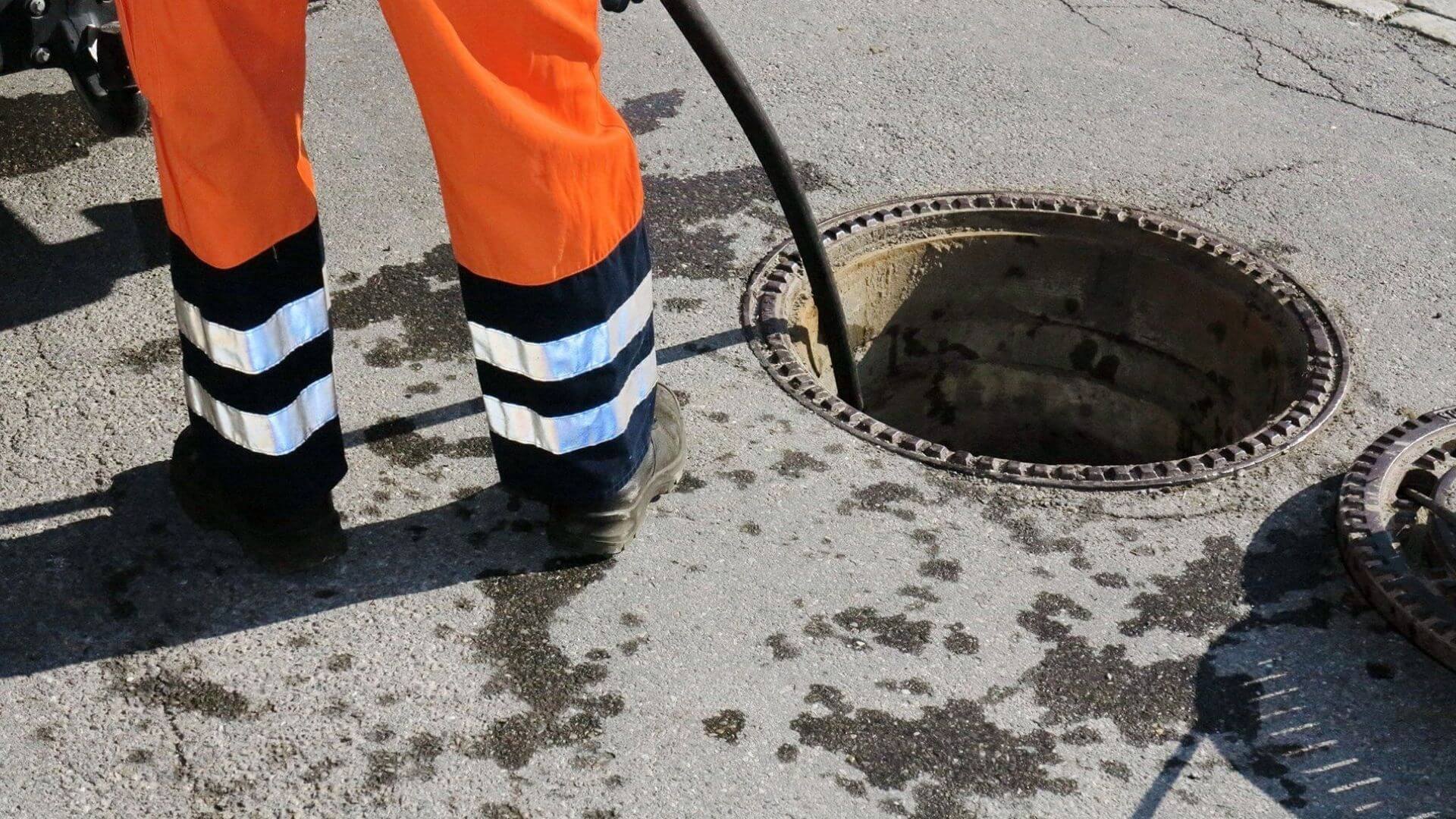We all want to avoid flooding or standing water inside and around the house, so maintaining your stormwater system, especially your stormwater drain, is crucial.
Stormwater drains allow water to flow from the houses and roads into other water bodies, preventing water accumulation. If there are any problems with your stormwater systems, particularly the drains, and you experience blocked stormwater drains, you could face flooding and damage to your property. But this can be remedied easily.
Maintaining your stormwater system isn’t just about the drains; it also involves checking your home’s downpipes and gutters. If everything is in good shape, water won’t sit on your roof or around the sides—it’ll flow away as it should, preventing blockages.
Some plumbing systems also have a grated drainage system if there is a large water flow, stopping big debris and wastes from entering and blocking the drains. We will discuss this in today’s guide, and you can keep reading to know more and keep your stormwater drains clean.
So, without further ado, dive in!
Common Problems With Stormwater Drains
This section will discuss the major issues leading to the blockage of stormwater drains. If you address these issues, maintaining stormwater drains should no longer be a problem.

1. Clogging Of Drains
Frequent maintenance is key for stormwater drains to function well. They’re prone to clogging from grass clippings, leaves, and twigs, especially in areas with heavy rain.
Blocked drains often occur when leaves wash into them, but their size can cause jams, stopping water from flowing properly. This can cause water to pool on roofs, potentially harming the tiles.
To prevent blocked drains, clean the drains regularly. If you use chemical cleaners, be careful, as you might be exposed to harmful chemicals. You can do the work yourself or get plumbers to clear or fix your blocked drain immediately.
Also, check the roof drain pipes every week to see if there is any blockage. Go to the roof and pour some water into the pipe. See if it reaches the ground quickly and flows towards the stormwater drains.
A blocked stormwater drain will have indicators for you to gauge. Notice gurgling sounds? This is an obvious sign of blockage. Water pooling or foul smell are also obvious signs something is wrong.
2. Accumulation Of Dust
Stormwater drains can also face problems from silt beds forming on top. Dust gathers on rooftops, mixes with rainwater, and flows down into the storm drain as silt.
Silt clogs the gutter and forms a bed for growing weeds. If you do not remove the silt immediately, it can block a storm drain. Clean stormwater drains will prevent you from having to call technicians and ask them to remove all the mud and silt.
So, our qualified plumbers suggest regularly cleaning rooftops and terraces and installing strainers to keep debris out of the pipelines.
3. Increase Or Decrease In The Ground Level
If there’s been any change to the ground level around your house, like building new walls or filling holes, it could really mess with water flow.
These are potential reasons behind the ground level change, affecting the water’s direction after a heavy downpour.
Technically, the stormwater should be directed towards drains or points of discharge. If that changes, the water could flow into a neighbour’s property and create large-scale damage.
That’s why you should always consult the local authorities and tell them if you are constructing or excavating. They will guide you through the steps needed to ensure the proper flow of water.
You can also hire trained plumbers to investigate the issue and advise you before beginning the work. Remember that it is not legal to direct water onto someone else’s property, and you might have to pay a fine if you break that law.
Maintaining Your Stormwater Drain
We recommend getting your stormwater drains cleaned once or twice every year. TTrainedplumbers and technicians wse drain cleaning equipment like a high-pressure water jet to do this. This generally involves high-pressure machines, cleaning up blockages and allowing debris to flow down.
Sometimes, you might need to repair damages inside the drain holes or pipes. To do this, plumbers might have to use machinery or go inside the holes to replace the damaged parts. Talk to your local community heads before taking care of this to help out.
You can occasionally clear twigs and leaves from the top of the drain. Keeping this tidy daily will prevent a big mess from building up, helping avoid major damage over time.
So, don’t waste time; clean stormwater drains now. A storm and a blocked water drain won’t wait for you.

What Happens To Commercial Stormwater?
Commercial properties have different settings as they are more extensive. While an average house would only have limited water flowing down, commercial properties would have a vast roof.
That would mean accumulating a large amount of stormwater; hence, there must be enough drains to care for them. Typically, companies have people keep checking these drains at intervals. Also, some industries collect the water and then reuse it. They have rainwater harvesting systems in place to collect and preserve the water.
In this case, stormwater holes are not functional except for draining the water that directly falls on the ground.
If the company does not have a rainwater harvesting system in place, then remember that the water that flows into the drains can have a lot of contaminants. Industries use chemicals and other harmful ingredients like grit and oil that can affect the drain and its condition. Some companies have filtration systems that prevent pollutants from entering the water bodies.
If you want to install them, talk to the local authorities and hire plumbers to do it. Constant maintenance is also essential in case of heavy rainfall, as factories’ waterlogging can cause large-scale damage to goods and the work process.
Looking After Your Stormwater Drain
Remember that stormwater drains can become breeding grounds for mosquitoes and flies if they are clogged and not cleaned regularly. Drain blockages keep the drains moist and humid, providing the right conditions for them to breed and grow.
Some people pour bleaching powder around these drains, and regular storm water drain cleaning is to prevent this from happening. You can talk to the local authorities and see if they can arrange to safeguard all the drains in the area.
Remember that an area with sound stormwater drainage and sewer systems will always remain dry and safe during storms or heavy downpours.
If you need other plumbing services like relining a stormwater pipe, flooded toilets, clearing of tree roots invasion, pipe relining, and gutter guards installation to regular maintenance and stormwater management to prevent future blockage and further accumulation of rubbish and debris, and keep water flows seamless, call our professional plumbers.
We will be wrapping up. Please let us know in the comment section below if you have any further queries about managing stormwater or plumbing emergencies.
See you soon with another engaging guide. Until next time, bye!.














